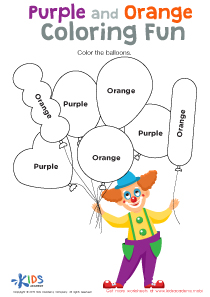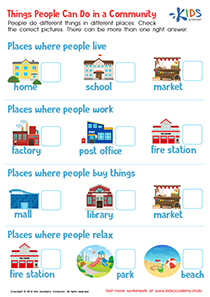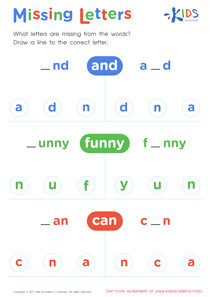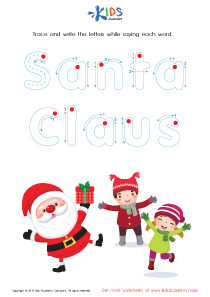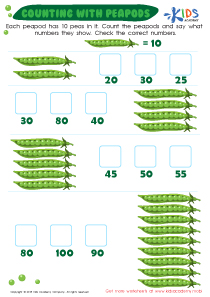Math Lessons | Telling Time, Preschool
0 results
Introduce your little ones to the world of time with our engaging Telling Time Lessons for preschool kids. Our interactive worksheets and educational videos enable kids to grasp the concept of time quickly and efficiently. Packed with creative exercises and memorable quizzes, our lessons provide an enjoyable learning experience for kids. Equipping your preschooler with the essential skills of telling time will help them in everyday life - from school routines to doctor appointments. Our Telling Time Lessons will build your child's confidence and set them up for success in the future. Sign up today and watch your child excel in time telling.
Telling Time Lessons – How It Helps Preschool Learning
Learning how to tell time is one of the most important skills that children learn in preschool. It is indeed a life skill that helps them to manage their daily activities, keep track of deadlines, and arrive on time at different appointments. The Telling Time Lessons designed for preschool kids are ideally crafted to help children develop basic knowledge in telling the time, with interactive worksheets, educational videos, and assessment quizzes readily available as part of the program. In this article, we will explore how these lessons are helpful to kids in their studies.
Firstly, the Telling Time Lessons provide children with the basic foundation to understand the concept of time. Preschoolers are introduced to the fundamental principles of time – hours, minutes, seconds, days, weeks, months, and years. They also develop a sense of the passage of time and how it is measured by clocks and calendars. With this foundational understanding, preschoolers are better equipped to keep track of daily activities, recognize time cues, and understand the sequence of events.
Secondly, Telling Time Lessons encourage the development of critical thinking skills. Preschoolers learn to think mathematically by developing their ability to measure time and work with analog and digital clocks. They learn to solve simple addition and subtraction problems involving time and use visualization techniques to understand the relationship between different units of time. Telling Time Lessons help preschoolers develop their cognitive, analytical, and problem-solving skills in a fun and engaging way.
Thirdly, the Telling Time Lessons stimulate children's creativity and imagination. Educational videos that accompany the lessons use animated characters, colorful graphics, and catchy rhymes to capture children's attention and engage them with the learning process. Worksheets and quizzes use different types of activities that encourage children to think creatively and use their imagination to solve problems. Children may be asked to draw pictures of clocks or design their own calendars, using different colors and shapes, enhancing their creativity.
Fourthly, Telling Time Lessons provide opportunities for targeted learning and assessment. The interactive worksheets allow preschoolers to practice what they learn and receive feedback on their progress. An assessment quiz is included in the program that allows teachers to evaluate children's understanding and identify areas where more instruction is required. The assessmentsalso provide meaningful feedback to parents regarding their child's progress, enabling them to provide additional support at home.
Finally, Telling Time Lessons promote teamwork and collaboration among preschoolers.

